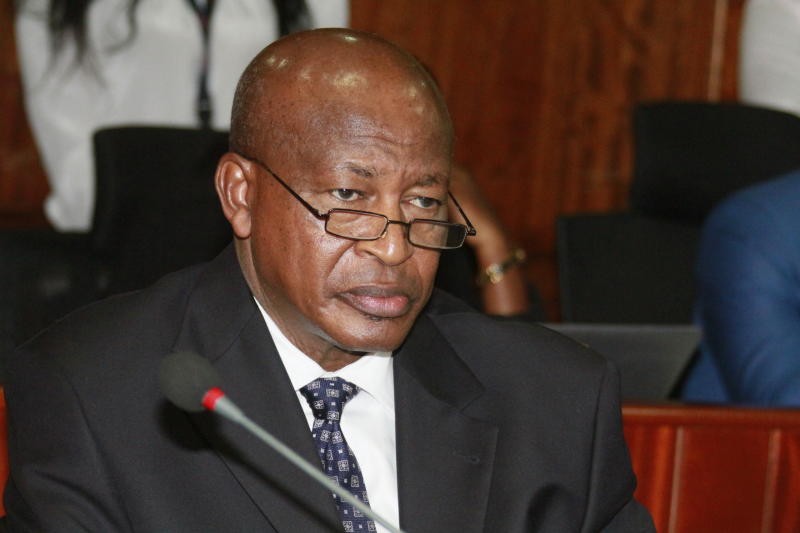×
The Standard e-Paper
Smart Minds Choose Us

Attorney General Kihara Kariuki has dismissed a deal between the universities regulator and professional bodies to undertake double accreditation of academic programmes.
In his advisory to the Education Cabinet Secretary George Magoha, Justice Kariuki said the move would go against the provisions of the Universities Act.